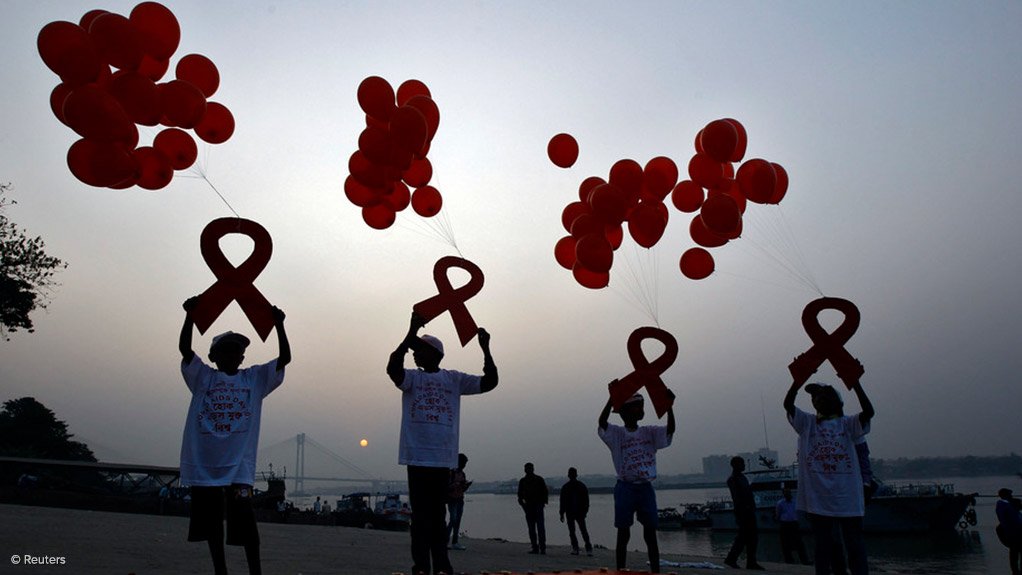Activists have sharply criticised the US government’s move to exclude South Africa from receiving HIV prevention medication Lenacapavir (LEN-LA), and is urging the South African government to “act decisively” for equitable access.
The US government has announced the donation of only 500 LEN-LA doses each for Eswatini and Zambia, ahead of World Aids Day on December 1.
LEN-LA is a new, potentially revolutionary HIV pre-exposure prophylaxis (PrEP) prevention injection, taken twice-yearly, and which confers virtually 100% protection against HIV infection.
The Trump Administration has made South Africa the target of harsh foreign policy decisions based on its unfounded accusations of genocide in the country, resulting in severance of foreign aid.
Activists said the US’s donation of 500 doses per country was a “public relations stunt”.
Health Justice Initiative (HJI) director Fatima Hassan pointed out that in Africa alone, at least 10-million people need LEN-LA to help achieve the global goal of a 90% reduction in new HIV infections by 2030.
US State Department Under Secretary Jeremy Lewin said the US would provide LEN-LA doses for only a total of 300 000 people globally, in 2026.
''Protection for only 300 000 people is insulting, compared with the unmet need for HIV prevention, and the superiority of LEN-LA when compared with HIV PrEP. Instead of crumbs, the US should be providing millions of LEN-LA doses, to alter the course of the HIV pandemic and to repair the harms caused by their illegal and deadly cuts to HIV programmes since January,'' said Health GAP international policy and advocacy coordinator Bellinda Thibela.
Hassan highlighted that 14% of all new HIV infections occur in South Africa, with more than 2-million people needing LEN-LA each year in South Africa alone.
South Africa had been promised LEN-LA doses, Hassan said, but these doses would only be paid for from a reallocation of the Global Fund to Fight Aids budget and would only be enough for 480 000 people from April 2026 to 2028.
“South African modellers have shown that this rationing of doses will have no demonstrable impact on reducing South Africa’s pandemic, likely averting only 5 000 of the country's 180 000 new HIV infections per year,” she explained.
Health justice advocacy organisation African Alliance is urging the departments of Health; Trade, Industry and Competition; and the Office of the Presidency to issue a compulsory licence to guarantee supplies to South Africans and others in the countries and territories that are excluded from biopharmaceutical company Gilead Science’s voluntary licences.
Co-founder of Advocacy for Prevention of HIV and Aids Yvette Raphael warned that cheap politics and lack of foresight would thwart global efforts for a proper rollout.
“No smart access effort can exclude South Africa from HIV prevention programming. South Africa was also one of the countries that contributed to the success of LEN-LA - and we should remember that HIV knows no borders, and that our fight for human rights is not for sale,” she said.
Treatment Action Campaign (TAC) chairperson Sibongile Tshabalala suggested that South Africa had domestic companies that could manufacture quality assured LEN-LA for domestic and regional use and to supply excluded countries.
“Gilead should either license such companies without territorial and other restrictions for LMICs [low and middle-income countries] and include full technology transfer, or the South African government should use its lawful powers to issue compulsory licences,'' said Tshabalala.
TAC wants the South African government to demand that Gilead include additional African licensees with manufacturing capacity in its voluntary licensing arrangements in the interests of self-reliance and said it should also take steps to issue a compulsory licence against Gilead.
“This will open pathways to generic supply and ensure lifesaving innovations are not held hostage to corporate greed and political interests. South Africa must also insist on and ensure that the Global Fund discloses the prices it will pay Gilead for the initial allocation, since public resources are implicated. Transparency is not negotiable, nor our lives,” explained Tshabalala.
Meanwhile, China announced on Thursday a new HIV prevention project in South Africa, focusing on young people and people who inject drugs in partnership with UNAIDS.
EMAIL THIS ARTICLE SAVE THIS ARTICLE ARTICLE ENQUIRY FEEDBACK
To subscribe email subscriptions@creamermedia.co.za or click here
To advertise email advertising@creamermedia.co.za or click here











